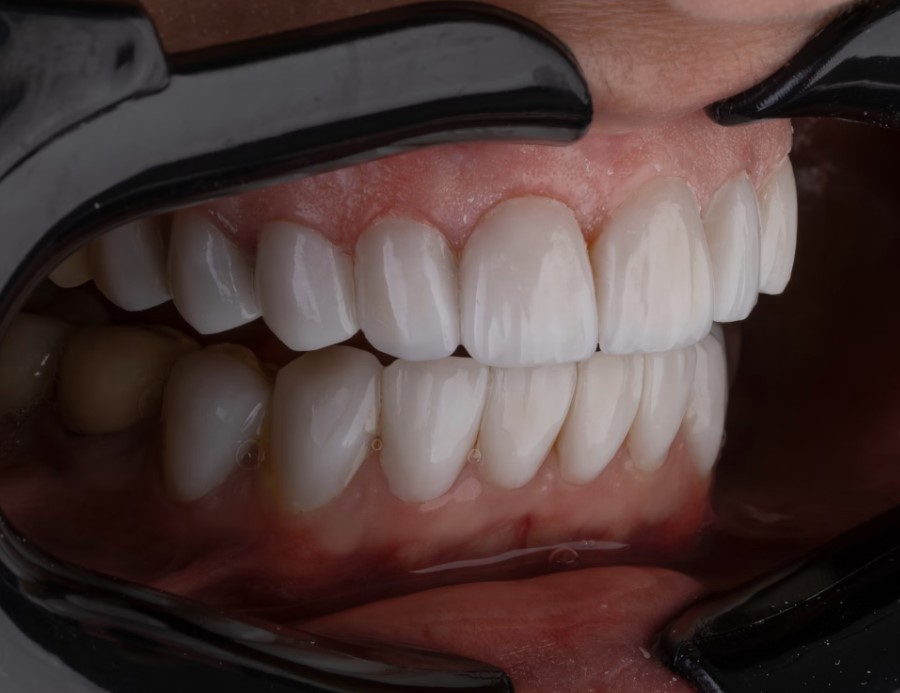Navigating the Diverse Landscape of Dental Specialties

Dental health is an integral part of overall well-being, yet it is often overlooked. With advancements in medical science, dental care has evolved into various specialized fields, each focusing on different aspects of oral health. From prevention to correction, the options for maintaining a healthy smile are more accessible and diversified than ever. This blog post explores the myriad types of dental care available today to help you understand what each specialty focuses on and how they contribute to your oral health.
Preventive Dentistry
Preventive dentistry is the cornerstone of dental care, aiming to ward off dental issues before they start. It includes regular dental check-ups, cleanings, and diagnostics such as X-rays. Dentists also provide advice on proper brushing, flossing, and general care to maintain oral hygiene. Fluoride treatments and dental sealants are preventive measures to protect teeth from decay, especially for children. Embracing preventive dentistry can save individuals time, money, and discomfort by catching problems early or avoiding them altogether.
Tooth extraction
This procedure is typically considered when a tooth is severely damaged beyond repair due to decay, periodontal disease, or trauma. Additionally, tooth removal extractions may be necessary when dealing with overcrowding in the mouth, or to prepare for certain orthodontic treatments that require more space for tooth alignment. Dentists strive to make this process as painless as possible using local anesthesia to numb the area. Post-extraction, patients are advised on care techniques to ensure proper healing, such as avoiding suction actions like straw use and smoking, and maintaining oral hygiene in a way that doesn’t disturb the extraction site. Properly managing the healing process is crucial to prevent complications like dry socket, a painful condition where the protective blood clot is dislodged from the extraction site.
Pediatric Dentistry
Pediatric dentists specialize in dental care for children from infancy through the teenage years. They are trained to handle the unique dental issues children face, such as thumb-sucking, tooth decay from bottle feeding, and the transitional phase from baby teeth to permanent teeth. They also provide early assessments for straightening teeth and correcting an improper bite (malocclusion). Pediatric dentists play a crucial role in instilling good oral hygiene habits that last a lifetime.
Cosmetic Dentistry
Procedures range from simple color correction and tooth whitening to more complex procedures like veneers, crowns, and even full dental makeovers. With the advancements in technology, materials, and techniques, cosmetic dentistry not only enhances appearance but also aims to restore function and improve overall dental health.
Orthodontics
Orthodontics is a dental specialty that addresses the diagnosis, prevention, and correction of malpositioned teeth and jaws. It involves the use of braces, clear aligners, and other dental devices to straighten teeth and correct bite issues. Orthodontic treatment not only leads to a more appealing smile but also improves oral function by aligning the teeth and jaws for proper chewing and speaking. With options ranging from traditional metal braces to nearly invisible aligners, orthodontic treatment is available for patients of all ages.
Periodontics
Periodontics focuses on the structures supporting the teeth, including gums and bone. Periodontists are experts in treating periodontal disease (gum disease), which can range from simple gum inflammation to severe damage to the soft tissue and bone supporting the teeth. Treatments can include scaling and root planing (cleaning the infected surface of the root), gum grafts, and, in severe cases, dental implants to replace lost teeth. Good periodontal health is crucial for overall dental health because diseases in this area are the leading causes of tooth loss in adults.
Endodontics
Endodontics specializes in treating the inside of the tooth, specifically the pulp which contains nerves and blood vessels. The most common endodontic treatment is root canal therapy, which involves removing infected or injured tissue from within the tooth, cleaning and disinfecting the inner chamber, and then filling and sealing it. Despite its daunting reputation, modern endodontic treatment is usually no more uncomfortable than having a filling placed, making it a vital tool in preserving teeth that might otherwise need to be extracted.
Oral and Maxillofacial Surgery
This specialty covers a wide range of surgical procedures in the face, mouth, and jaw area, including tooth extractions, corrective jaw surgery, and cleft lip and palate surgery. Oral and maxillofacial surgeons also place dental implants, perform biopsies of suspicious oral lesions, and treat dental emergencies such as facial trauma. Advanced training in anesthesia allows these specialists to provide care in both office and hospital settings, ensuring patient comfort and safety.
Prosthodontics
Prosthodontics involves the design, manufacture, and fitting of artificial replacements for teeth and other parts of the mouth. Prosthodontists work with dentures, bridges, crowns, and dental implants to restore and replace missing or damaged teeth. They play a crucial role in rehabilitative dental care, helping patients regain functionality and improve their appearance after tooth loss or damage.
In conclusion, the field of dental care encompasses a wide range of specialties, each dedicated to improving and maintaining oral health in unique ways. Whether your needs are preventive, cosmetic, or therapeutic, there is a dental professional out there equipped to help you achieve and maintain a healthy, beautiful smile. By understanding the various types of dental care available, you can make informed decisions about your oral health care and take proactive steps towards achieving optimal dental well-being.





